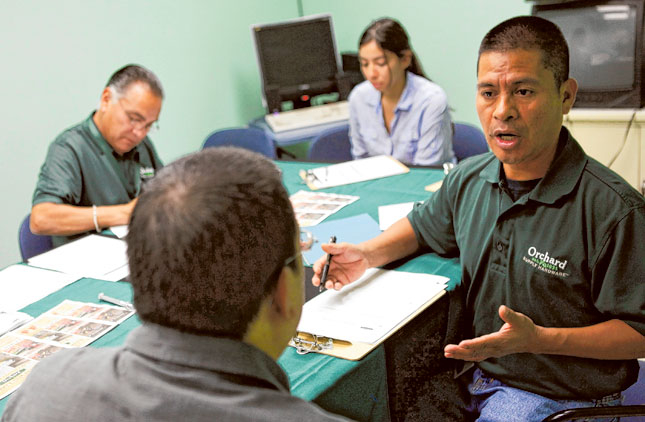Dubai: Hiring applicants for roles they can’t fulfil or are overqualified for is a costly mistake. Analysts estimate that the global economy loses the opportunity to generate $130 billion in productivity and another close to $20 billion in unnecessary recruitment costs due to skills mismatch.
When a candidate whose competencies don’t match a job posting gets hired, both the employee and the appointing organisation suffer. Sooner or later, the new hire will realise there are demands of the position that can’t be delivered or that the acquired skills and training are not fully utilised. Either way, the company’s overall productivity declines.
It’s also easy to feel stuck in a wrong job and in many cases, the unhappy employee heads for the exit after a short term, leaving the company scrambling for a replacement and wasting a significant amount on hiring fees.
Human resources (HR) experts blame poor applicant screening and evaluation processes for the skills mismatch. The inability of professionals to retrain to learn new skills and switch industries is also making it difficult for companies to fill important positions.
Johnson Alexander, director of HR and quality, health, safety and environment at Dulsco, said it is essential that an advertised role should come with a well-defined job description. “If the job description is wrong, the whole cycle then turns out to be a failure. This is one of the core reasons for talent mismatch,” Alexander told Gulf News.
It is also important to evaluate the candidate thoroughly during the probation period. “This is the second best opportunity to ensure that you have not hired a wrong person and it will save the organisation a lot of heartache in the long run. Right talent and the right job role will add to the growth of the organisation,” he added.
Employees, for their part, should find ways to enhance their skills and keep an eye out for developments within their industry. This way, they will be able to transition into new positions when the opportunity arises.
“If the employee is new to a particular sector, then it is absolutely important to acquire the necessary skills and be on a continuous learning mode. This otherwise will surely be a cause for concern in the long run,” said Alexander.
In its report, professional services network PwC, noted that with the rise of social media and increasingly connected global workforce, it is now easier for people to identify new opportunities, plan to develop the skills and create a network that will help them move to new roles.
“This could be as simple as staying up to speed with companies that might be hiring in your area, or identifying emerging sectors around the world that could present opportunity for a dramatic career change,” the report said.
Mahesh Shahdadpuri, CEO and managing director of TASC, a provider of talent and people management solutions, said it is not right to put the onus on the employee alone, saying that developing skills is a shared responsibility between the employer and employee.
While the cause of talent mismatch can be traced back to the time of hiring, he said, companies stand to lose less money in the long run if “they are able to motivate and train their staff to deliver optimal results.”
“We often encourage our employees to be adaptable, learn on the job and actively seek opportunities to widen their expertise and accept challenges. Multiple skills give the employee a better chance at career growth in the same company and across industries,” Shahdadpuri said.
Asha Wadhwani, account manager of eFinancial Careers Gulf, however, said that companies in the UAE are now being extra careful when hiring new staff.
Agencies recruiting talent for financial services firms, for example, don’t just assess an applicant’s background in great detail, they specialise within an industry and focus on a particular area of finance, such as risk, investment management, asset management or trading.
“This way the talent pool being recommended to a client is totally relevant and comes with a personal opinion on each candidate, who will subsequently endure up to 10 interviews to ensure they have the right experience.”
“If those candidates cannot be found locally, banks are equally prepared to look internationally to ensure that there is zero chance of a talent mismatch,” said Wadhwani.








